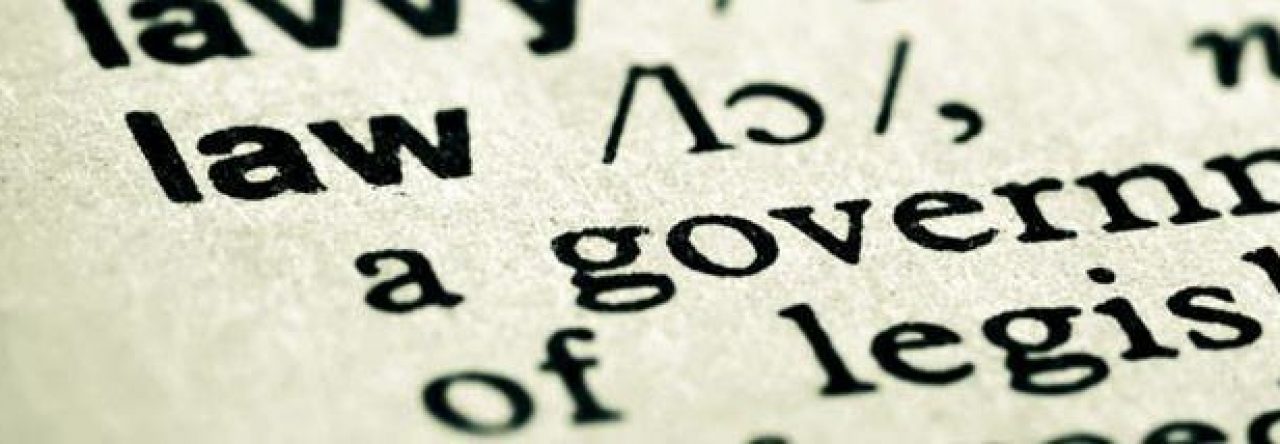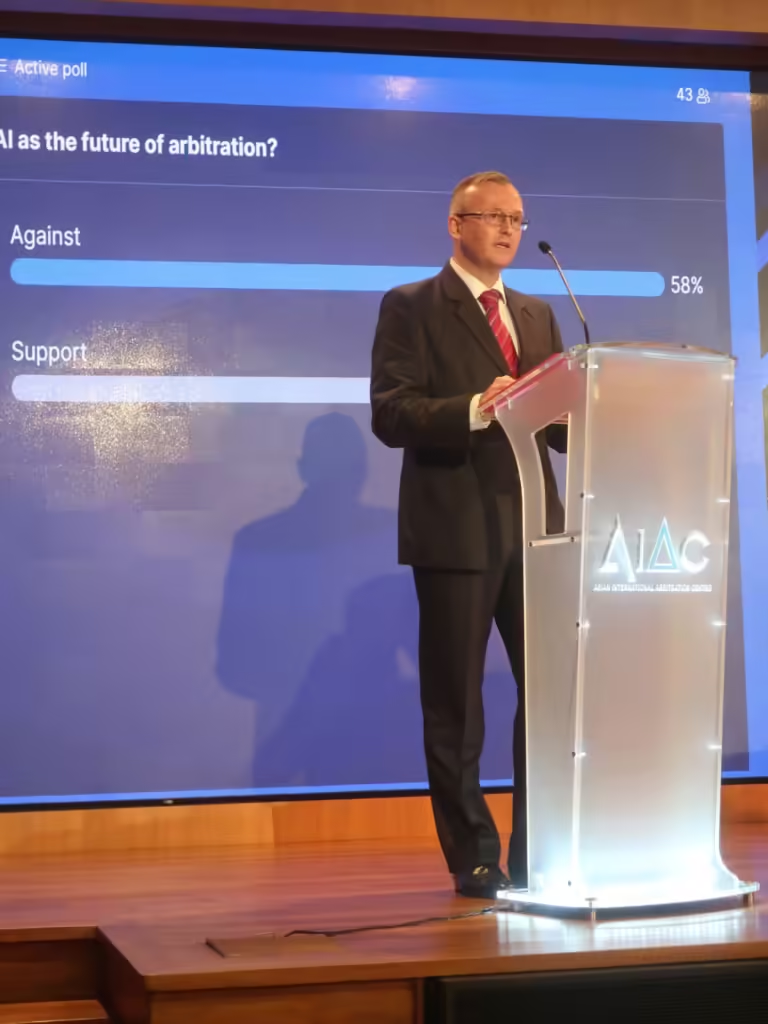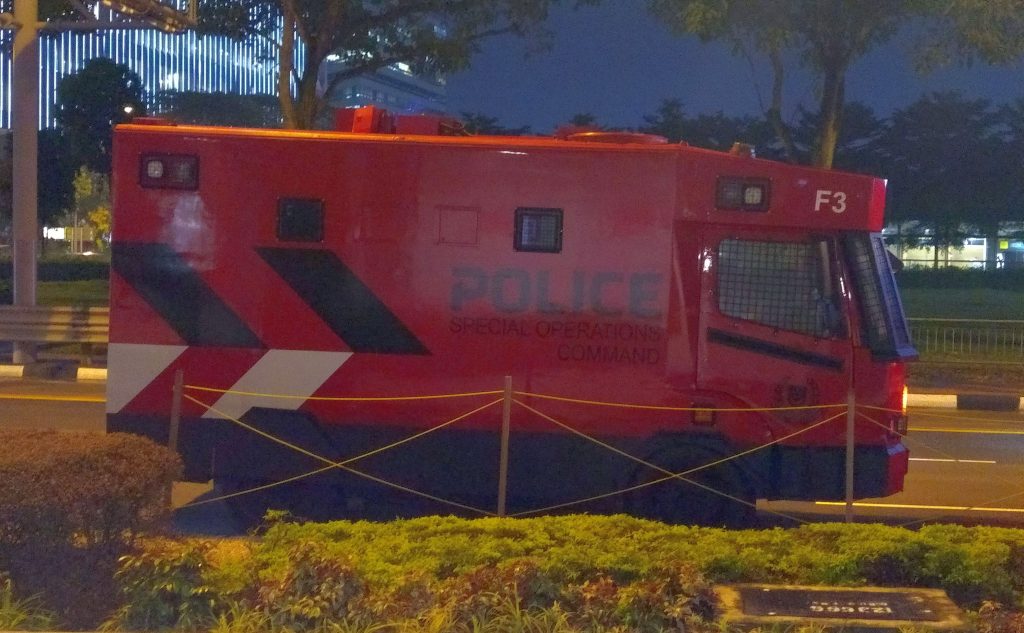When my dissertation came out late last year, a few colleagues asked why a work so focused on Singapore, where English is the language of the law, was written in German. Well, it was a German doctorate, plus the dissertation was intended as a contribution to the debate on commercial courts in Germany. That’s why.
Still, they had a point, so I put together an English summary: ‘Should a Dispute Be Brought to the Singapore International Commercial Court or to Arbitration?’
I’m pleased to share that it has now been published in this year’s Zeitschrift für Zivilprozess International (ZZP Int (29) 2024, pp. 258 – 312). If the topic interests you, do have a look.































